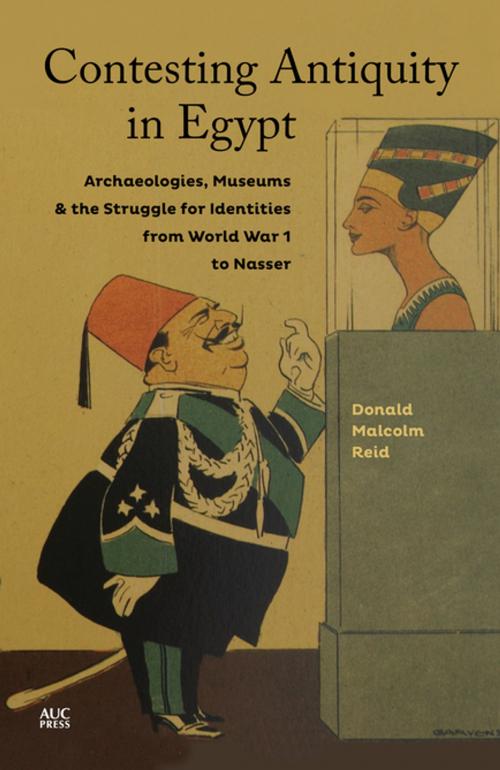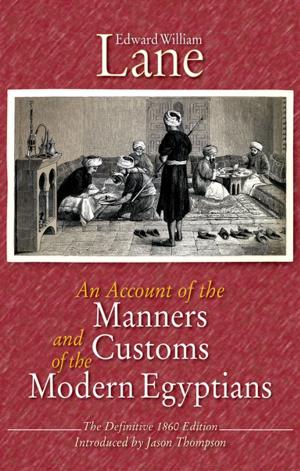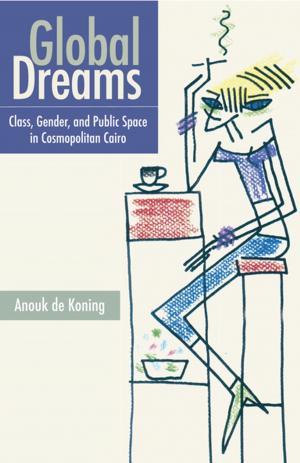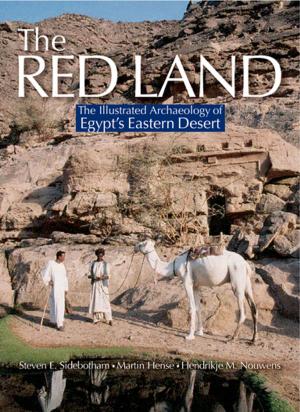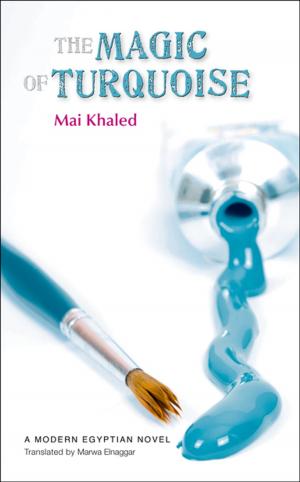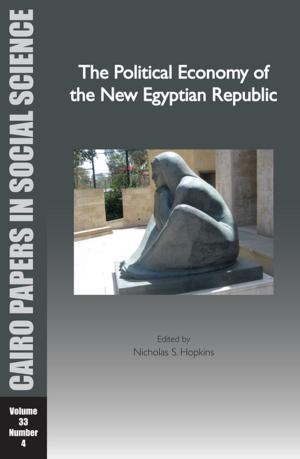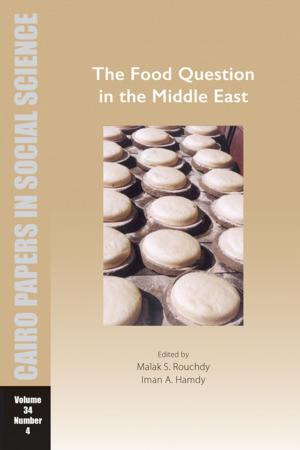Contesting Antiquity in Egypt
Archaeologies, Museums, and the Struggle for Identities from World War I to Nasser
Nonfiction, History, Africa, Egypt, Ancient History, Social & Cultural Studies, Social Science, Archaeology| Author: | Donald Malcolm Reid | ISBN: | 9781617976827 |
| Publisher: | The American University in Cairo Press | Publication: | November 20, 2015 |
| Imprint: | The American University in Cairo Press | Language: | English |
| Author: | Donald Malcolm Reid |
| ISBN: | 9781617976827 |
| Publisher: | The American University in Cairo Press |
| Publication: | November 20, 2015 |
| Imprint: | The American University in Cairo Press |
| Language: | English |
The sensational discovery in 1922 of Tutankhamun's tomb, close on the heels of Britain's declaration of Egyptian independence, accelerated the growth in Egypt of both Egyptology as a formal discipline and of 'pharaonism'-popular interest in ancient Egypt-as an inspiration in the struggle for full independence. Emphasizing the three decades from 1922 until Nasser's revolution in 1952, this compelling follow-up to Whose Pharaohs? looks at the ways in which Egypt developed its own archaeologies-Islamic, Coptic, and Greco-Roman, as well as the more dominant ancient Egyptian. Each of these four archaeologies had given birth to, and grown up around, a major antiquities museum in Egypt. Later, Cairo, Alexandria, and Ain Shams universities joined in shaping these fields. Contesting Antiquity in Egypt brings all four disciples, as well as the closely related history of tourism, together in a single engaging framework. Throughout this semi-colonial era, the British fought a prolonged rearguard action to retain control of the country while the French continued to dominate the Antiquities Service, as they had since 1858. Traditional accounts highlight the role of European and American archaeologists in discovering and interpreting Egypt's long past. Donald Reid redresses the balance by also paying close attention to the lives and careers of often-neglected Egyptian specialists. He draws attention not only to the contests between westerners and Egyptians over the control of antiquities, but also to passionate debates among Egyptians themselves over pharaonism in relation to Islam and Arabism during a critical period of nascent nationalism. Drawing on rich archival and published sources, extensive interviews, and material objects ranging from statues and murals to photographs and postage stamps, this comprehensive study by one of the leading scholars in the field will make fascinating reading for scholars and students of Middle East history, archaeology, politics, and museum and heritage studies, as well as for the interested lay reader.
The sensational discovery in 1922 of Tutankhamun's tomb, close on the heels of Britain's declaration of Egyptian independence, accelerated the growth in Egypt of both Egyptology as a formal discipline and of 'pharaonism'-popular interest in ancient Egypt-as an inspiration in the struggle for full independence. Emphasizing the three decades from 1922 until Nasser's revolution in 1952, this compelling follow-up to Whose Pharaohs? looks at the ways in which Egypt developed its own archaeologies-Islamic, Coptic, and Greco-Roman, as well as the more dominant ancient Egyptian. Each of these four archaeologies had given birth to, and grown up around, a major antiquities museum in Egypt. Later, Cairo, Alexandria, and Ain Shams universities joined in shaping these fields. Contesting Antiquity in Egypt brings all four disciples, as well as the closely related history of tourism, together in a single engaging framework. Throughout this semi-colonial era, the British fought a prolonged rearguard action to retain control of the country while the French continued to dominate the Antiquities Service, as they had since 1858. Traditional accounts highlight the role of European and American archaeologists in discovering and interpreting Egypt's long past. Donald Reid redresses the balance by also paying close attention to the lives and careers of often-neglected Egyptian specialists. He draws attention not only to the contests between westerners and Egyptians over the control of antiquities, but also to passionate debates among Egyptians themselves over pharaonism in relation to Islam and Arabism during a critical period of nascent nationalism. Drawing on rich archival and published sources, extensive interviews, and material objects ranging from statues and murals to photographs and postage stamps, this comprehensive study by one of the leading scholars in the field will make fascinating reading for scholars and students of Middle East history, archaeology, politics, and museum and heritage studies, as well as for the interested lay reader.
